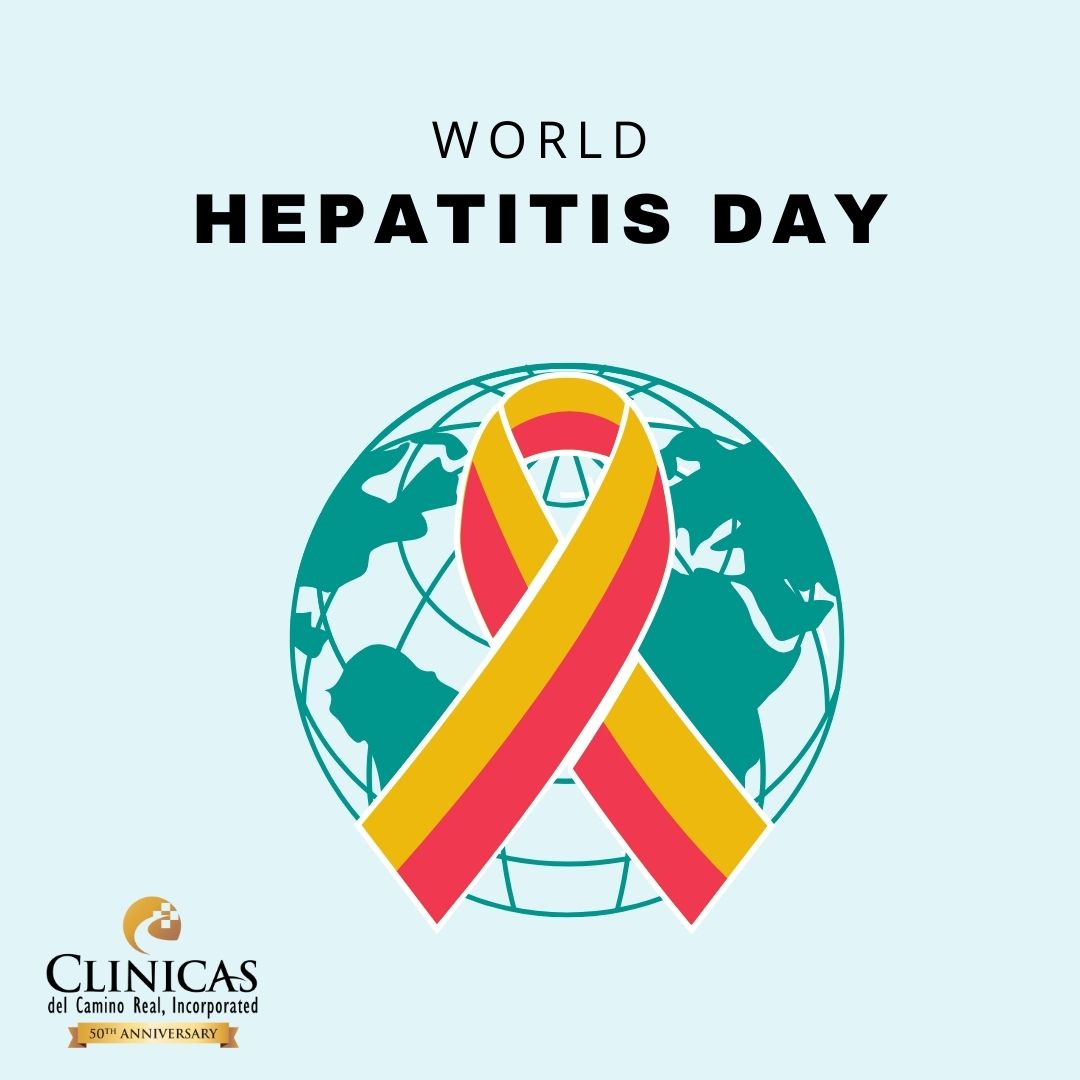
Hepatitis is an inflammatory condition of the liver; the liver is a vital organ that processes nutrients, filters blood, and fights infections. When the organ is compromised, it can affect how the body functions as a whole. Excessive alcohol use, toxins, some medications, and certain medical conditions can cause hepatitis. Typically hepatitis is caused by a virus, and in the United States, the most common forms of hepatitis are forms A, B, and C, but there are also D and E.
Hepatitis A
Each year, around 24,900 new infections of Hepatitis A is spread from one person to another. It is most prevalent in places lacking modern sanitation measures and equipment. Hepatitis A can also be transmitted when someone ingests fecal matter, even a minimal amount, coming from contact with objects, food, and drink contaminated by an infected person.
Vaccinations are available and are a great way to protect yourself from getting the virus. Children as young as 12-23 months can receive the vaccine, and those 2-18 years of age should get vaccinated. There is an increased risk of contracting the virus if you are an international traveler, inject drugs (all who use illegal drugs), those with an occupational hazard for exposure, people who anticipate close personal contact with an adoptee, males who have sex with males, and those who are experiencing homelessness. In addition, if you have chronic liver disease, have hepatitis B or C, or HIV, you could be at an increased risk for a severe hepatitis A infection. Those who get ill from the virus can be sick for a few weeks to a few months, and most recover with no liver damage.
Hepatitis B
Today, an estimated 862,000 people live with Hepatitis B. Roughly 2 in 3 people with the illness do not know they are infected, and 50% of those infected in the U.S are Asian. In 2018 there were 22,600 new infections of hepatitis B, making Hepatitis B the leading cause of liver cancer. The condition is spread through bodily fluids such as blood and semen, even microscopic amounts from someone already infected. Transmission can also happen at birth to an infected mother, sex with an infected person, sharing contaminated medical equipment such as needles, syringes, and glucose monitors, sharing razors or toothbrushes, and poor infection control have led to outbreaks in health care facilities.
Symptoms can either be mild and only last a few weeks, or they can result in a serious lifelong condition. For example, more than 90% of unimmunized infants who get infected develop a severe chronic infection. Only 6%-10% of vaccinated older children and adults will develop a chronic illness. Therefore, vaccination is critical! Children and adolescents who are 19 years or younger who haven’t been vaccinated, those at risk for infection through sexual exposure, those at risk of exposure through drugs or contaminated bodily fluids, Hemodialysis patients, and predialysis, peritoneal dialysis, home dialysis patients, people with diabetes aged 19–59 years, people with diabetes aged 60 or older, people with hepatitis C, those with chronic liver disease, those with HIV, those in prison or jail, and individuals who are traveling to places the virus is common should ask their doctor about getting vaccinated.
Hepatitis C
Roughly 2.4 million people live with hepatitis C. In 2018, there were about 50,300 new infections with most of those infected developing a chronic form of hepatitis C. Hepatitis C is the leading cause of liver transplants and liver cancer; about 50% of people who have the disease do not know. Symptoms can range from being mild and only lasting a few weeks to being severe chronic illness. Hepatitis C is spread when blood from a person infected with the Hepatitis C virus – even in microscopic amounts – enters the body of someone who is not infected. The hepatitis C virus can also be transmitted from sharing contaminated needles and syringes, blood transfusion or organ transplant before 1992, poor infection control in health care facilities, and birth from an infected mother.
It is recommended to get tested for adults aged 18 years and older, pregnant women during each pregnancy, People who ever injected drugs and shared needles, syringes, or other drug preparation equipment, those with HIV, those who have ever received maintenance hemodialysis, people with persistently abnormal ALT levels, health care, emergency medical, and public safety personnel after needle sticks, sharps, or mucosal exposures to HCV‑positive blood, and children born to mothers infected. In addition, there are vaccinations and treatments for those at risk of the illness and those with chronic symptoms.
Many people with hepatitis do not have symptoms and do not know they are infected. If symptoms occur with an acute infection, they can appear anytime from 2 weeks to 6 months after exposure. Symptoms of chronic viral hepatitis can take decades to develop. Symptoms of hepatitis can include fever, fatigue, loss of appetite, nausea, vomiting, abdominal pain, dark urine, light-colored stools, joint pain, and jaundice.

